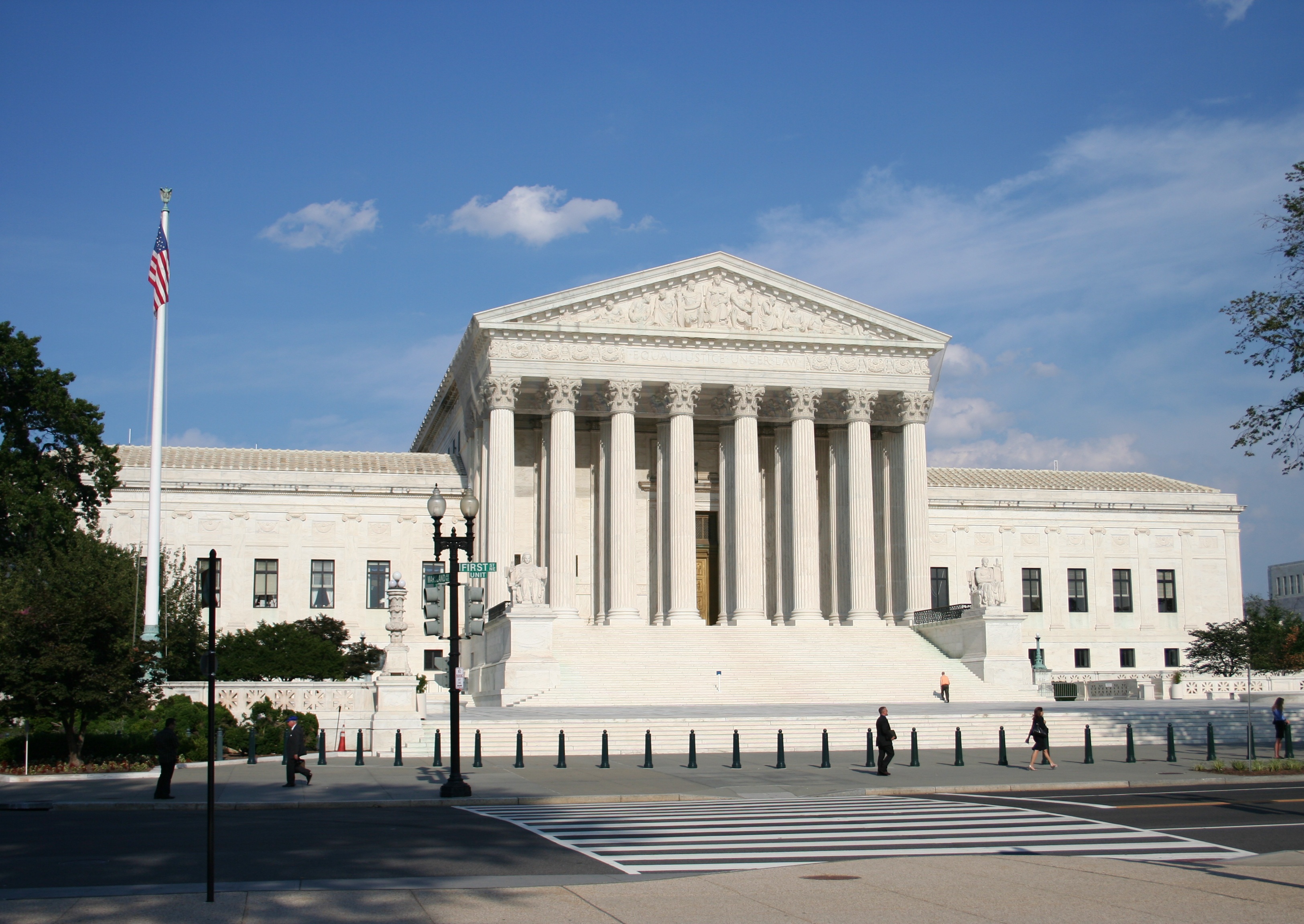Is it constitutional to prohibit evidence that may prove that a juror is racist?
The Supreme Court of the United States is set to hear Peña-Rodriguez v. Colorado, which is about whether a no-impeachment rule constitutionally may bar evidence of racial bias offered to prove a violation of the Sixth Amendment right to an impartial jury. In other words, whether it is constitutional to prohibit evidence that may prove that a juror is racist—thus making it inequitable for him or her to serve as a juror in court.

The late pop-king, Michael Jackson, once sang, “It don’t matter if you’re black or white.” Unfortunately, for a lot of America, it does matter—and not in a good way. In recent months, we have seen racial tensions increase in our inner cities. In the media, we see these tensions taking place in urban communities, but they are also occurring in many U.S. courtrooms. In the U.S., some jurors are being accused of using racism to decide their verdicts. Basically, when determining whether a defendant is guilty or innocent, there have been reports that some jurors have been ignoring actual evidence and instead have been using racial biases to make their decisions.
The potential of having racist jurors is not a novel issue because jurors have always been able to determine verdicts inside of smoke-filled rooms. They have been allowed to do so for many reasons, but mostly because of efficiency concerns. Court dockets in America are overloaded; it takes years sometimes for cases to be decided. If we were to nullify every decision because, post hoc, we think a juror may have had an implicit bias or may have been a bona fide racist, it would take much longer for justice to be served. And as a matter of unintentional consequences, defense attorneys would wisely accuse every juror of being racist so that their client could receive a new case—thus causing jury decisions to lack finality. A decision of whether someone is guilty or innocent in a particular case needs finality—unless lawyers would argue the case until the end of time.
Although there is value in having legal dockets move with as much haste as possible it cannot be denied that racism within the jury is an evil that morally cannot go unchecked.
Now, although there is value in having legal dockets move with as much haste as possible (e.g., faster justice and lower lawyer bills), it cannot be denied that racism within the jury is an evil that morally cannot go unchecked. We do not want the innocent to be punished because of the color of their skin, and equally as much, we do not want the guilty to walk free because of their physical appearance.
So, how can this tension between wanting the legal system to run smoothly and wanting it to run equitably be resolved? As mentioned above, the Supreme Court is set to tackle this question in Peña-Rodriguez v. Colorado. In this case, in which the defendant was ultimately found guilty of sexual assault, one juror, listed in court documents as “H.C.,” told other jurors that the defendant was guilty because “he is a Mexican and Mexican men take whatever they want.” Juror “H.C.” said that he knew this because his experience in law enforcement showed that “nine times out of 10 Mexican men were guilty of being aggressive toward women and young girls.”
It seems like a no-brainer that this juror should be thrown out of court, and the defendant should receive a new trial
These comments are of course outrageous; it seems like a no-brainer that this juror should be thrown out of court, and the defendant should receive a new trial. But sadly, it is not clear how the Supreme Court will rule. Not only, as I mentioned earlier, are there concerns about efficiency, but there are also already checks in place to guard against this problem. In the beginning of trials, attorneys are allowed to Voir Dire jurors. This means that they are allowed to pre-screen jurors by questioning them on their backgrounds and asking them about any potential biases they may have. The Supreme Court could see this as a sufficient check on racist jurors. However, it is obvious that most people would probably not admit to being a racist. Thus, there is much strength in the argument that another check is needed—especially, as in this case, when something extreme is stated in jury deliberations. Even Justice Sotomayor, writing for a unanimous court, stated in Warger v. Shauers (2014) that there “may be cases of juror bias so extreme that, almost by definition, the jury trial right has been abridged.”
In America, we are a country that believes in following legal precedent. But sometimes our precedents must be changed so that we may hold onto our sacred beliefs which make us who we are: such as when we ended legal segregation because of our core belief that everyone should have an equal opportunity to succeed. Although we have long held that jury deliberations are to be smoke-filled rooms that should never be aired out, perhaps it is time for us to open a window so that we may honor another deeply held American belief: “Justice For All.”